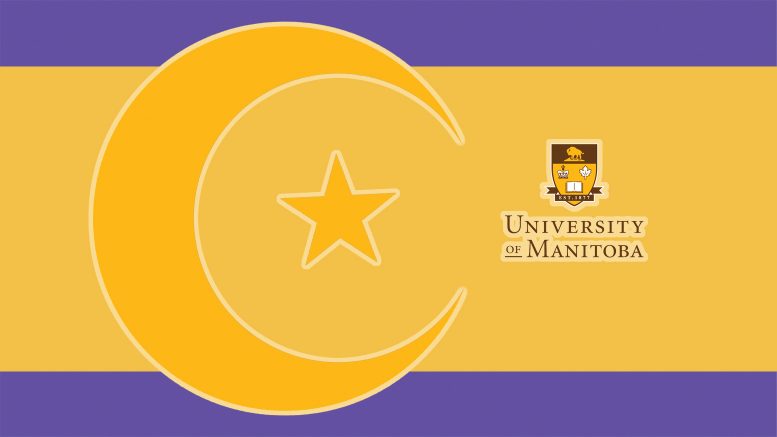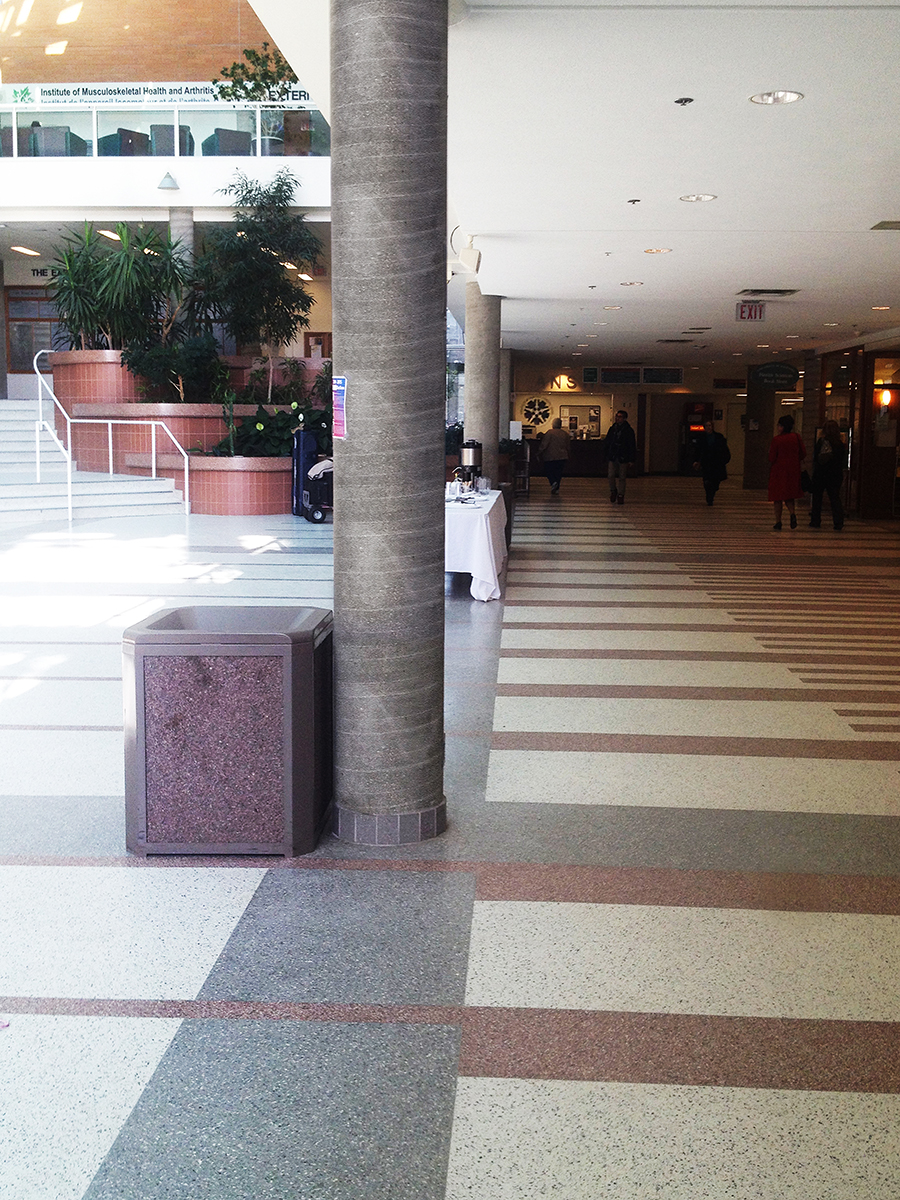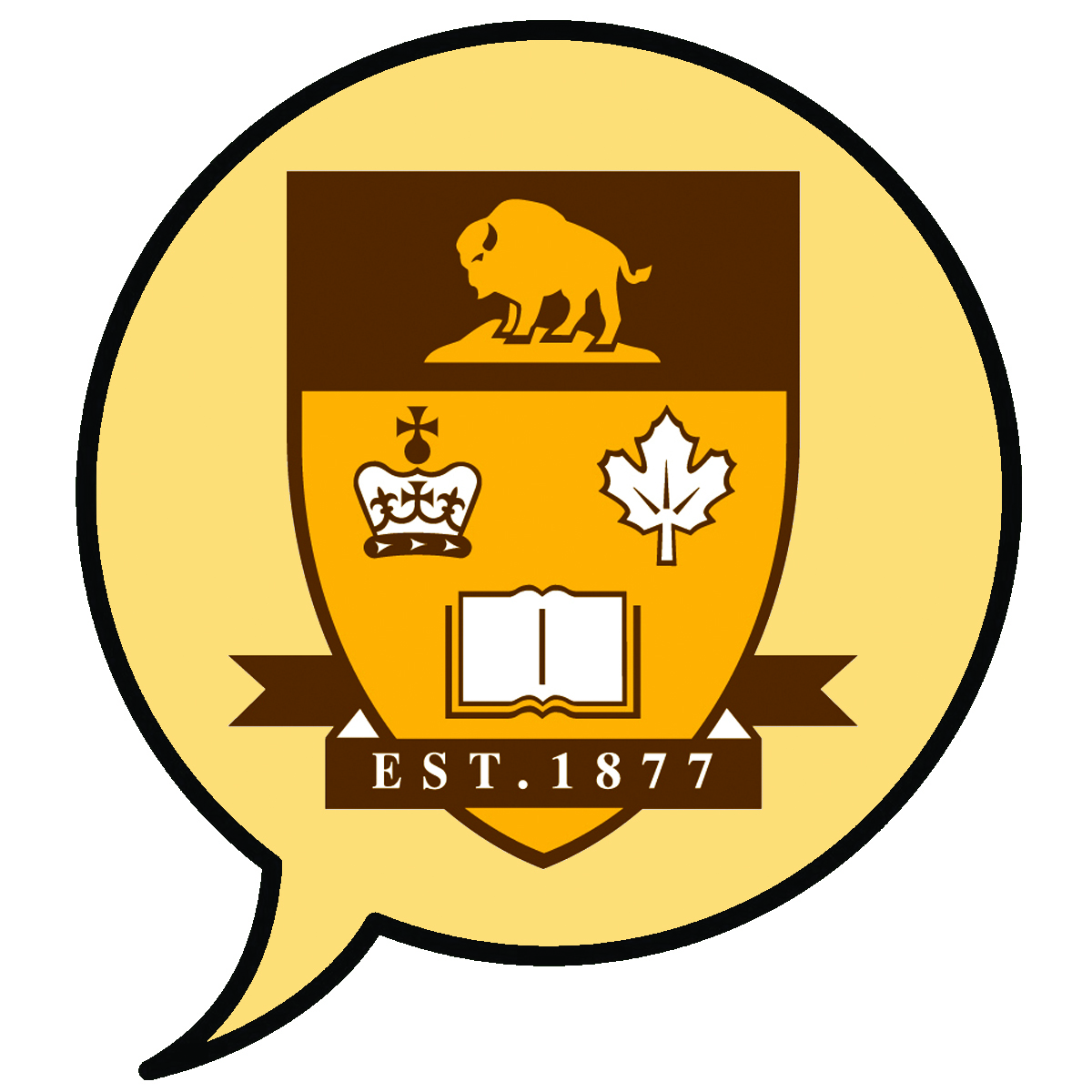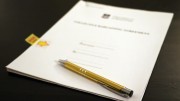The waters of international politics have grown more turbulent as of late. By now, the news headlines are all too familiar. For the past year, many of us have watched in horror as presumptive Republican presidential nominee Donald Drumpf has gained political traction by proselytizing against immigration. Meanwhile, this last month saw the same anti-immigration sentiment spill over into the United Kingdom, as a majority of voters there opted to leave the European Union.
Much of the dialogue in these two countries has been distinctly racist. While both Drumpf and Brexit have given voice and vehicle to these views, they are not the causes themselves. They are merely manifestations brought about through political opportunism.
This is not a new phenomenon. It has existed everywhere – including in western liberal democracies that have often been on the wrong side of history on issues of immigration, race, and culture. It is, however, unnerving that there is such a distinct cleavage in popular opinion on the issues of immigration and multiculturalism in this post-war era. Globalization and improved international mobility were supposed to unite the world, not divide it.
Protecting against racism is not only the responsibility of our political leaders. Racism often occurs on a grassroots level long before political agents are motivated to either capitalize on, or resist it. Each and every one of us who supports pluralism and tolerance has a responsibility to uphold these beliefs in our day-to-day lives and ensure that our communities reflect our values.
Multiculturalism on campus
Universities and the education system as a whole need to continue playing a significant role in ensuring leadership on these issues. Universities are unique – it is difficult to find other communities that facilitate such direct, large-scale interactions of individuals from different walks of life.
This diversity is why a university campus is one of the best places to break down barriers between people on both an academic and experiential level. Multiculturalism on campus is something to be cherished.
Through exposure to the myriad of cultures and collective experiences that our world has to offer, we are better able to understand our differences and expand our perspectives. This educational process typically leads to acceptance and compassion, which is good for the individual student experience and for society as a whole.
These interactions often occur through the many groups on campus that work to service their constituencies, develop relationships with other university stakeholders, and uphold the broader ideal of a multicultural campus.
Muslim student contributions
The University of Manitoba Muslim Student Association (UMMSA) is one such group. The UMMSA hosts regular events for Muslim students, maintains and operates the university mosque, and promotes a greater understanding of Islam.
Given the prayer requirements in the Islamic faith and the needs of their many international students, the UMMSA is a student-group that doubles as an extended family for hundreds of students at the University of Manitoba. This is a serious responsibility throughout the entire year and becomes a truly monumental undertaking during the month of Ramadan.
Ramadan is the ninth month of the Islamic calendar when Muslims believe that the Quran was revealed to the prophet Muhammed. Ramadan follows the lunar calendar, which means that this year it took place from June 6 to July 5.
Throughout this month, the Islamic faith requires the world’s 1.6 billion practicing Muslims to fast from sunrise to sunset. Therefore, those observing the fast are restricted from eating or drinking – even water – for roughly seventeen hours per day.
While undoubtedly difficult, Muslims embrace fasting as a pillar of their religion and an important part of their faith.
An important part of Ramadan is iftar, the breaking of the fast. The UMMSA provides this meal (which traditionally involves dates and milk, along with a home-cooked meal) to hundreds of students on campus as an act of charity. The effort, organization, and dedication required in order to supply over 150 students with a meal each night is enormous.
I had the honour of attending two iftars this Ramadan, and witnessed firsthand how much preparation went into the post-sunset meal. The president of the UMMSA, Zeeshan Zamir , works tirelessly and selflessly with his team to provide this service to the community.
We are indebted to the UMMSA for the work they do in service of their membership and strengthening the social fabric of our university. In practice, many students may never be exposed to groups such as the UMMSA. Both domestic and international students often become isolated in their respective friend groups, university programs, and cultural identities.
This is understandable – classes, course work, and the commuter nature of our campus are all obstacles to getting involved with campus life. That is why it is important for all of us to acknowledge and thank the UMMSA and their incredible volunteers who are making our campus a better place.
Jeremiah Kopp is a former University of Manitoba Students’ Union president who holds a Bachelor of Arts in political studies and is a masters of business administration candidate in the Asper School of Business.





